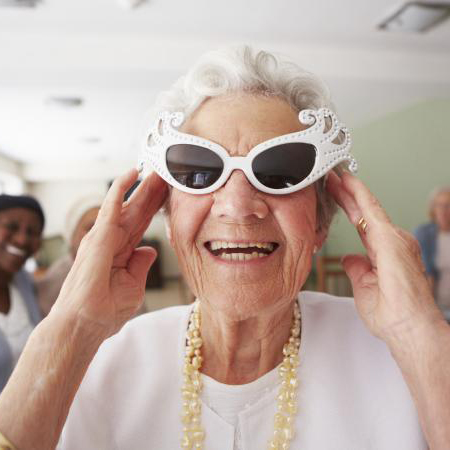Our Forgotten Wealth:
Sandra Billings is at her wits end. She is dying to get off the endless wheel of a 9 to 5 job. She only wants to pursue her dream of becoming an actress. She needs to reduce her rent and start auditioning. But, she’s stuck, confused.
After consulting the I Ching, she places an add in the L.A. Times: “Drama Student in need of Rm & Brd in exchange for Hskpg” She meets some crazy dangerous men, a few zany women, and ultimately meets Emma, an 80-year-old, mysterious woman whom she moves in with. Emma is stable, a bit stoic, but a mother figure Sandra never had.
In the film, “The Intouchables,” a wealthy, physically disabled risk taker is the picture of established French nobility. He lost his wife in an accident. His world is turned upside down when he hires a young, good-humored, black Muslim, ex-con as his caretaker. Their bond shows us the power that love and friendship can achieve – beyond our social and economic differences.
In the movie “Harold and Maude” nineteen year old Harold, rich, and obsessed with death, finds himself changed forever when he meets the lively, eccentric Maude at a funeral. Although Harold and Maude is a dark comedy, it’s also a love story about an older woman and young boy, who find each other, in the most bizarre circumstance and begin to share their gifts.
These examples remind us of our forgotten wealth: our senior mentors. And when each generation opens up to each others world, they fill a huge, vacuous void.
Initially, we have our judgments and opinions. We try to control the distance and closeness – without success. But, when we let go and discover each others contributions . . . let go of our individual egos – and simply – love. We get to experience the flowering of two generations.
We need only think about the American Indian traditions and how the village elders were revered. These seniors earned the respect of their community and were looked upon as tribal leaders. Their rich, elaborate stories provided guidance for the youth and still form the moral fiber of their culture.
Unfortunately, these examples are a contrast to what has been the norm in our culture. The lack of value we have placed on our seniors is an embarrassment. We show our lack of respect by shoving our elders into unqualified residential homes; where they are many times ignored, not only staff, but by family members who only come to visit on rare occasions – and usually out of guilt. The conditions of these “homes” are, often times atrocious. The food has little or no nutritional value; and there is sparse mental, emotional or physical stimulation to keep their minds sharp and their bodies strong. On average, only if you have significant funds are you able to place an elder into a home where they are treated with dignity.
Rarely do we see our baby boomer generation bringing their parents into the home – to live out their lives with dignity and respect.
When you think about it, is it not our responsibility to insure that our elders’ needs are taken care of –– so they can be useful –– be an asset rather than a deficit? Are we so oblivious to think that someday, we may be in the same situation?
In Pushing Upward, Sandra didn’t focus on how old Emma was, or how many wrinkles she had, she focused on Emma’s wisdom and direction, her ability to guide and provide Sandra with a path of least resistance. Is this not the role of the elder – to share their knowledge and experience with the youth?
Instead of being swayed by the media’s perception of what beauty is – perhaps we can begin to appreciate our wrinkles and grey hair as something to be proud of, something we’ve earned instead of something we are embarrassed by.
Andrea Adler is the author of Pushing Upward, her breakout novel, published by Hay House, and winner of the 2012 Los Angeles Book Festival Award. Andrea also wrote the award winning book: The Science of Spiritual Marketing
www.PushingUpward.com
www.HolisticPR.com

